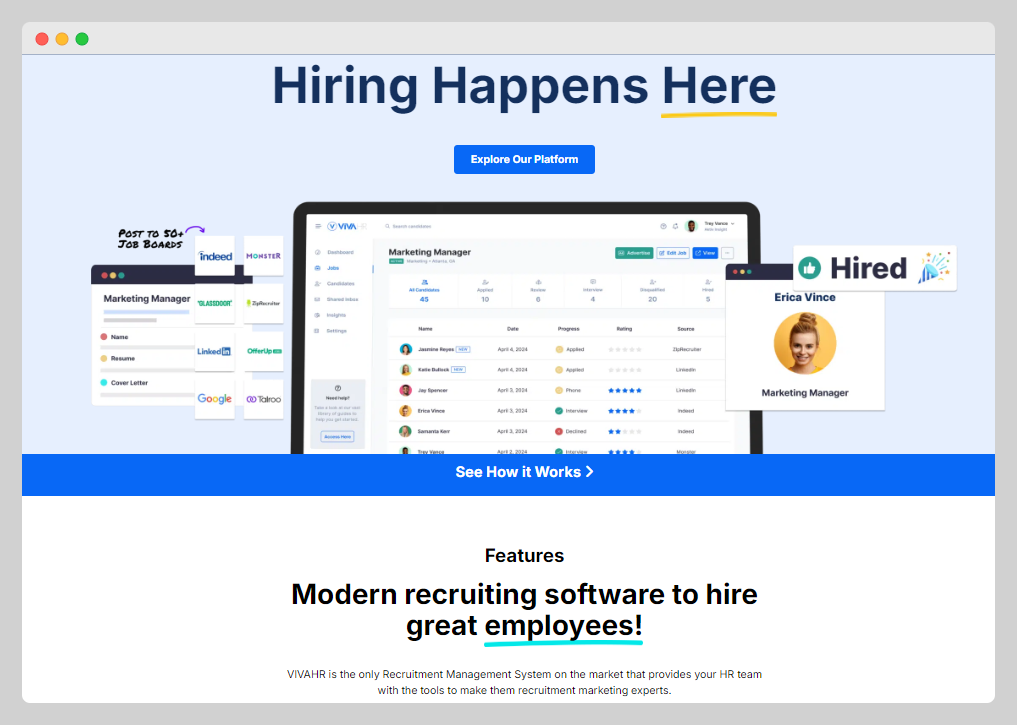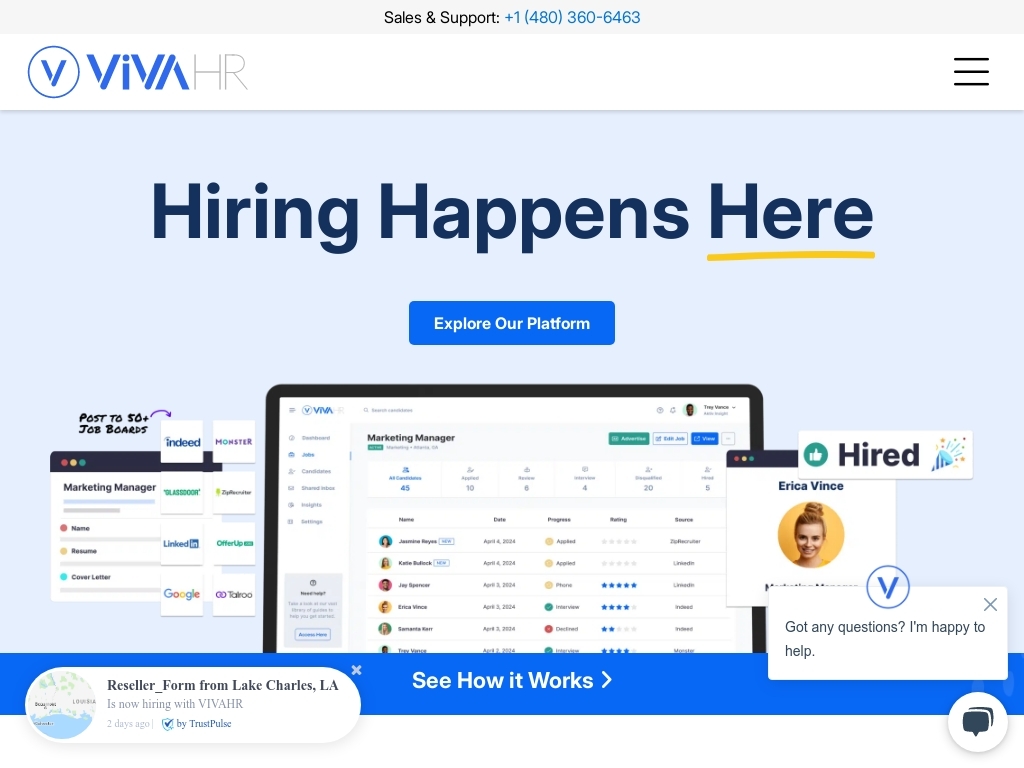How Ryan Naylor Grew VIVAHR to Serve Over 100,000 Job Seekers Nationwide
Who is Ryan Naylor?
Ryan Naylor, founder of VIVAHR, is an American entrepreneur based in Arizona who previously managed a digital marketing agency and created a job board. He graduated from Utah State University's Huntsman School of Business with a degree in entrepreneurship and has a passion for helping small businesses improve their hiring processes.
What problem does VIVAHR solve?
VIVAHR helps small businesses attract quality job candidates by highlighting their company culture in job postings, making it easier for job seekers to find roles that match their values and work environment preferences. This approach addresses the often frustrating experience of applying to generic job listings, ultimately saving time and improving job fit for both employers and employees, which makes VIVAHR a valuable tool for any organization trying to hire top talent.


How did Ryan come up with the idea for VIVAHR?
Ryan Naylor's journey in founding VIVAHR stemmed from experiences that highlighted a disconnect between job seekers and employers. Initially, while running a digital marketing agency and a job board during a time of high unemployment, he noticed that many small businesses struggled to hire despite the abundant availability of job seekers. This observation prompted him to dig deeper...
Disclaimer: The initial draft of this article was compiled by the Starter Story team based on publicly available interviews, podcasts, and other content from the founder. See the sources we used here.












